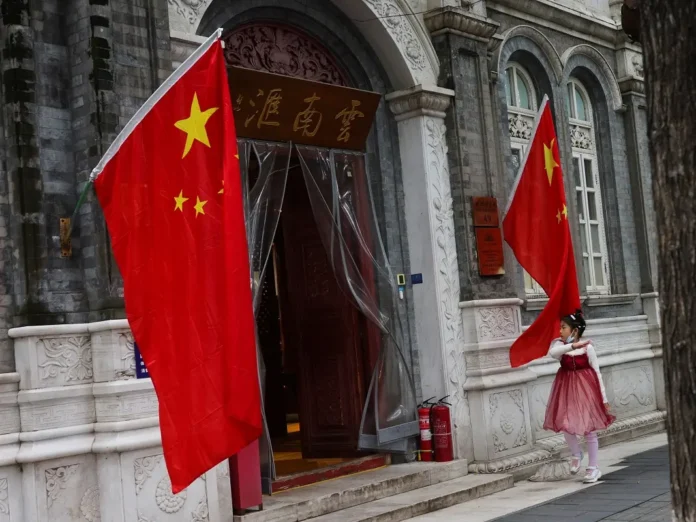Authors: Steven A. Cook and James Green
Affiliation: Council on Foreign Relations, Georgetown University’s Initiative for US-China Dialogue on Global Issues
Organization/Publisher: Foreign Affairs
Date/Place: August 9, 2021/USA
Type of Literature: Article
Word Count: 2134
Keywords: China, Middle East, USA
Brief:
Talking about the apparent decline of the US’ role in the Middle East, the writers still believe that this decline will not leave a gap to be filled by China. China’s focus is on securing its economic interests and pushing towards internal political stability. Any global economic catastrophe or geopolitical collapse of the Chinese Communist Party will prompt Beijing to reconsider its current approach. Over the past two decades, Beijing has devoted a lot of time and resources to building diplomatic and trade relations with all the major players in the Middle East, such as Saudi Arabia and Iran. American concerns about China trying to take its place in the Middle East are due to its importance as a logistics hub, fuel supplier, and potential chokepoint for global trade which make the region crucial to President Xi Jinping’s goal of reorienting global governance. China exercises control in East Asia, it has ignored an international court ruling over its claims in the South China Sea, it has been breaching long-standing aviation protocols in the Taiwan Strait, and it is currently imposing tariffs on Australia and South Korea. But the writers believe that it is wrong to link Beijing’s actions in East Asia to what is happening in the Middle East. Beijing’s agreement with Iran is an understandable reflection of China’s economic and diplomatic interests. Given Iran’s status as one of China’s major oil suppliers, Beijing is interested in preventing the Iranian regime from collapsing under US economic and diplomatic pressure. China also views its relations as an insurance policy against the Muslim-majority Uyghurs in the Xinjiang Autonomous Region, which it claims to be a “domestic threat” and a separatist movement. Although China’s policies in the Middle East mainly stem from domestic economic and political considerations, this does not mean that Washington should be utterly unconcerned about Chinese behavior in the region.
By: Taqwa Abu Kmeil, CIGA Research Assistant




